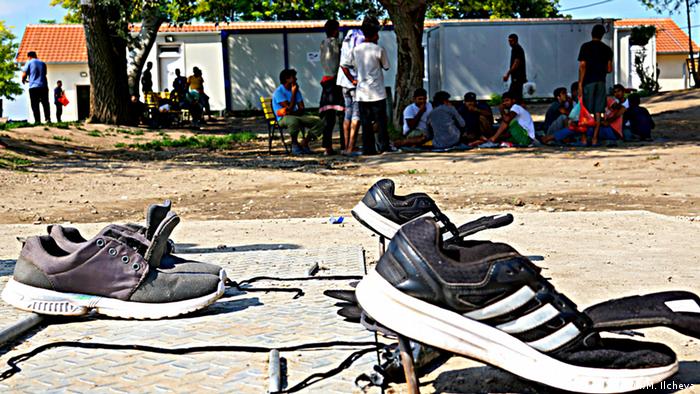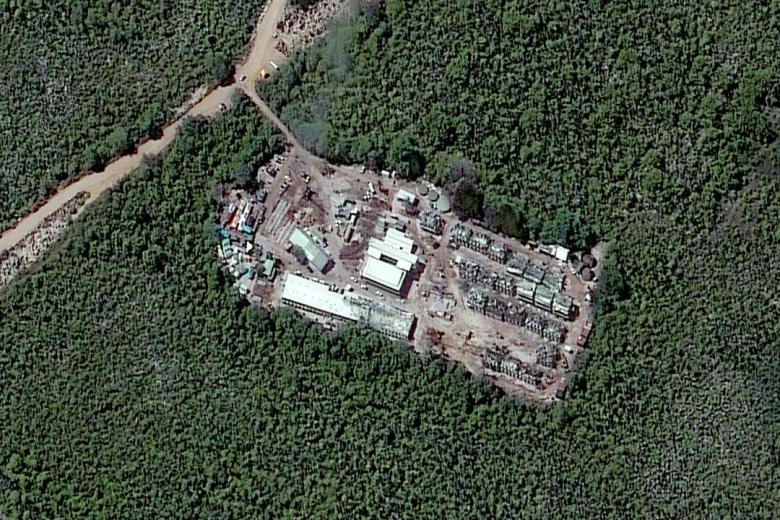Quelle: The Guardian
Twelve months ago, Europe failed to rise to the challenge of the Syrian refugee crisis. It is still paying the price – and so are the refugees
Not every big issue that Europe has faced over the past 12 months has been linked to the migration and refugee crisis. But most of them have. The arrival of over 1 million people in late summer 2015 shook European politics and institutions, as well as challenging Europe’s awareness of itself and its place in the world more than any event since the fall of the Berlin Wall. It would be foolish to imagine that this crisis is now over and that the numbers will not rise again.
One key moment came in late August 2015, when Germany announced it would accept all Syrian refugees fleeing war without sending them back to the countries where they had first entered the EU. Angela Merkel’s words a few days later, “Wir schaffen das” (we will manage), felt pivotal, although whether the German chancellor really did open the floodgates of a vast refugee movement is still debated. Refugees had, after all, been on the move for months already in their hundreds of thousands. Harrowing pictures of overcrowded voyages to reach Europe were familiar. Long before Germany opened its doors, southern EU countries were facing a critical situation, their administrations and social services overwhelmed.



